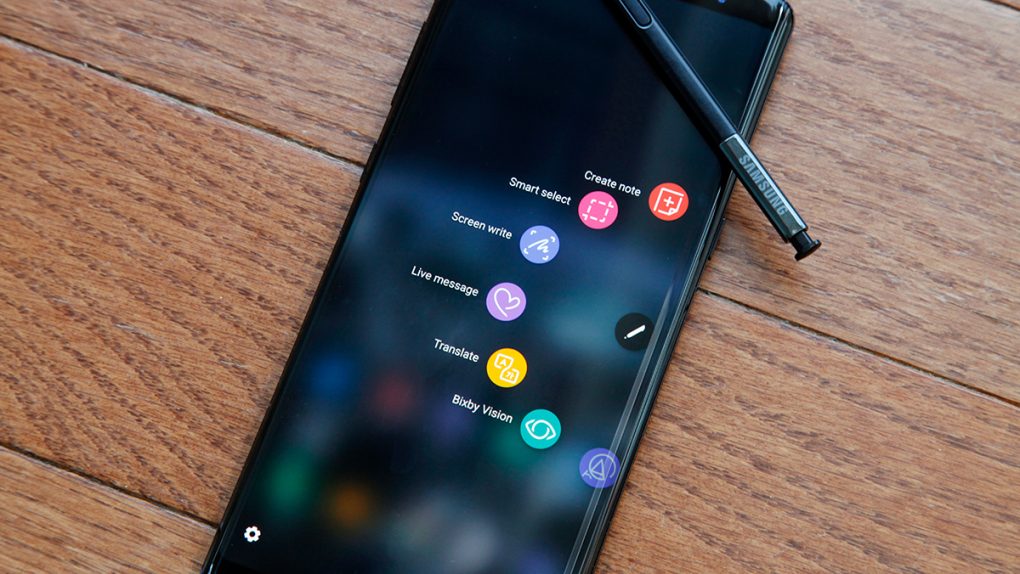Google may be about to get hit with a multibillion-dollar fine from European regulators that stems from the company’s longstanding policy of requiring Android device makers to set Google’s own search and web browsers as the default offerings.
That’s according to a new report from The Washington Post, which adds that the European Union’s chief competition regulator Margrethe Vestager is expected to hand down a huge fine against Google this month. “At the heart of the E.U.’s looming decision are Google’s policies that pressure smartphone and tablet manufacturers that use Google’s Android operating system to pre-install the tech giant’s own apps,” the Post explains.
“In the E.U.’s eyes, device makers such as HTC and Samsung face an anti-competitive choice: Set Google Search as the default search service and offer Google’s Chrome browser, or lose access to Android’s popular app store. Lacking that portal, owners of Android smartphones or tablets can’t easily download games or other apps — or services from Google’s competitors — offered by third-party developers.”
That new punishment would come after another record fine against Google last year from the EU, when it hit the company with a $2.7 billion judgement for anti-competitively ranking its comparison-shopping service over similar offerings from rivals in search results. In light of the looming new fine, Yelp’s senior vice president for public policy threw shade at both Google and American regulators in a single quote he gave to the Post, noting that, well, it puts European consumers on the path to enjoying “better protections” than consumers do in the U.S.
The leap from the levy of this new fine and Google potentially having to retool the way it makes Android widely available is pretty easy to follow. Google licenses its mobile operating system to smartphone and other device makers for free, with the goal of mass adoption compared to Apple’s more premium approach.
Google’s company line against charges of anti-competitiveness has long been a version of “Competition’s just a click away.” Which regulators — granted, usually non-American ones — have over time tended to see as a bit imperialistic. As if the line is really saying, you don’t like it? Tough. Go find something else then.
Of course, Google’s motivation in spelling out the arrangement the way it does is less about the user than what the company can, of course, extract from the user. Setting Google Chrome and Google’s web search as the default offerings gives the company as deep a window as possible into users from the get-go, a model that is increasingly giving privacy-conscious regulators pause, to say the least.








